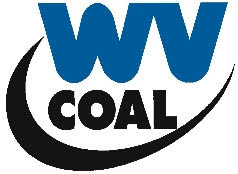By Mike Tony, Charleston Gazette-Mail
CHARLESTON, W.Va. — In August 1985, eight months after the leak of a highly toxic gas called methyl isocyanate from a Union Carbide Corporation pesticide plant in Bhopal, India, that killed thousands and caused permanent disabilities or premature death for many thousands more, an accidental release of aldicarb oxime from Union Carbide’s plant in Institute sent at least 135 people to the hospital.
The following year, Congress passed the Emergency Planning and Community Right-to-Know Act, which requires industrial operators to report on the storage, use and releases of hazardous chemicals to federal, state and local governments. The law’s aim is to increase the public’s knowledge of chemicals at individual facilities, their uses and releases into the environment.
“The Emergency Planning and Community Right-to-Know Act has strengthened awareness, communications, emergency planning and response regarding hazardous chemicals,” said Lawrence Messina, a spokesman for the West Virginia Department of Homeland Security.
But emergency plans are only as good as the information they’re based on, and some emergency personnel did not have information on file about a chemical that was present in the fire that burned for two hours following a fatal chemical plant explosion at Optima Chemical’s facility on the Chemours Company’s site in Belle last week…






